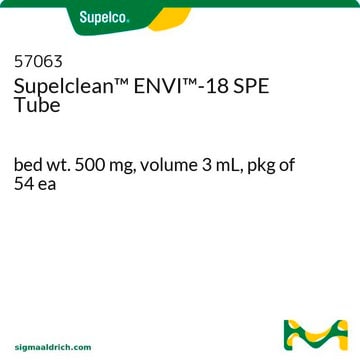A7631
(+)-Sodium L-ascorbate
crystalline, ≥98%
Synonym(s):
L(+)-Ascorbic acid sodium salt, Vitamin C sodium salt
About This Item
Recommended Products
biological source
synthetic
assay
≥98%
form
crystalline
technique(s)
HPLC: suitable
color
white to off-white
mp
220 °C (dec.) (lit.)
SMILES string
[Na+].OC[C@H](O)[C@H]1OC(=O)C(O)=C1[O-]
InChI
1S/C6H8O6.Na/c7-1-2(8)5-3(9)4(10)6(11)12-5;/h2,5,7-10H,1H2;/q;+1/p-1/t2-,5+;/m0./s1
InChI key
PPASLZSBLFJQEF-RXSVEWSESA-M
Looking for similar products? Visit Product Comparison Guide
General description
Application
- as a component of cutting solution for storing brain slices of rats
- as a component of patch pipette internal solution for imaging Ca2+ transients evoked by action potential in rat brain slices
- as a supplement for arterial smooth muscle cell (SMC) cultures to encourage collagen production
Biochem/physiol Actions
Caution
Storage Class
11 - Combustible Solids
wgk_germany
WGK 1
ppe
Eyeshields, Gloves, type N95 (US)
Certificates of Analysis (COA)
Search for Certificates of Analysis (COA) by entering the products Lot/Batch Number. Lot and Batch Numbers can be found on a product’s label following the words ‘Lot’ or ‘Batch’.
Already Own This Product?
Find documentation for the products that you have recently purchased in the Document Library.
Customers Also Viewed
Articles
Antioxidants protect biological systems from oxidative damage produced by oxygen-containing free radicals and from redoxactive transition metal ions such as iron, copper, and cadmium.
Our team of scientists has experience in all areas of research including Life Science, Material Science, Chemical Synthesis, Chromatography, Analytical and many others.
Contact Technical Service









![Tris[(1-benzyl-1H-1,2,3-triazol-4-yl)methyl]amine 97%](/deepweb/assets/sigmaaldrich/product/structures/179/695/86a721c8-2a4c-4e4f-bc36-6276ce7a941f/640/86a721c8-2a4c-4e4f-bc36-6276ce7a941f.png)